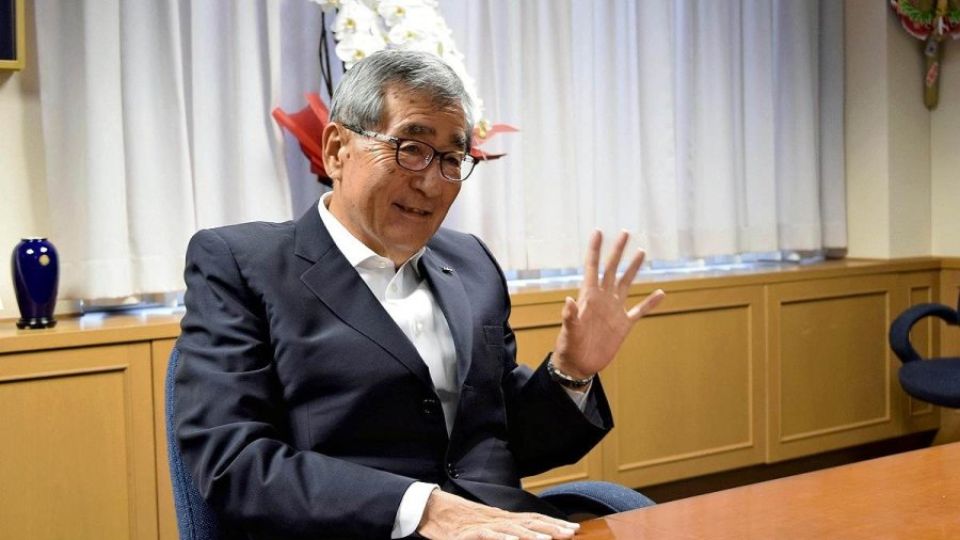September 27, 2023
TOKYO – Eisai Co. CEO Haruo Naito hailed the significant step in the battle against dementia after the Alzheimer’s treatment Lecanemab was formally approved by the Health, Labor and Welfare Ministry on Monday.
Marketed under the brand name Leqembi, Lecanemab was developed by Eisai and other firms.
“We are only halfway there, but it’s a significant step toward conquering dementia,” said Naito, 75.
Eisai began its research into Alzheimer’s medication in 1983 when very few companies were developing drugs targeting the disease. At the time, Haruo Naito was the head of research and development at the Japanese drugmaker.
Hachiro Sugimoto, 80, a visiting professor at Doshisha University who was on Eisai’s research team in the eighties, said, “We devoted our days off to research.”
The company developed the dementia drug Aricept, which was released in the United States in 1997. However, the drug only provided temporary relief of symptoms, it did not halt the progression of the disease, so Eisai decided to work on a new treatment.
Starting in 2006, the company conducted clinical trials with three different drugs, but all of them failed.
Following the initial success of Aricept, major domestic and international pharmaceutical companies started developing Alzheimer’s medication but they have since backed out, one after another.
Although Eisai faced significant challenges in the drug development phase, Naito was determined not to give up. He raised funds by selling the rights to previously developed drugs and a company parking lot.
Comments from Alzheimer’s patients fueled Naito’s determination to develop an effective treatment. A patient once asked him when the next drug would be available. “Patients have high expectations. I realized that I must accomplish this,” he said.
Lecanemab removes a protein called amyloid-beta, which is associated with the disease’s progression, thereby slowing the advancement of the disease.
The development team collaborated with amyloid beta specialist Dr. Lars Lannfelt of Uppsala University in Sweden.
Dr. Lannfelt revealed, “We reached out to Eisai as they were among the leaders in the field of Alzheimer’s disease and had great success with their drug Aricept. We believed that a cooperation with Eisai would benefit both companies and in the end the patients which we both wanted to help.”
Naito has not given up on the development of a cure for the disease.
“Regardless of the number of blows received, by adopting a fighting stance in the ring, efforts will surely be rewarded,” he said.

